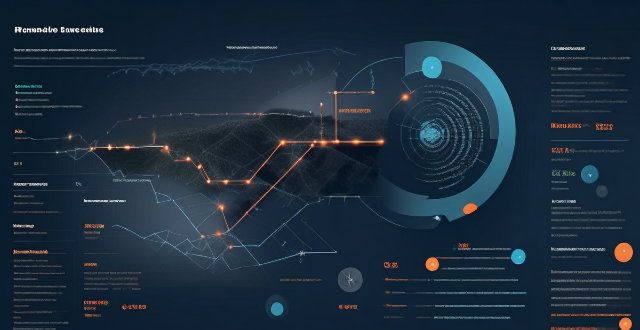Data analytics is a crucial tool in modern sports, revolutionizing training, strategy, and performance. It helps track and evaluate performance metrics, prevent injuries, inform game strategies, identify talented athletes, and enhance fan engagement.

The Role of Data Analytics in Modern Sports
Data analytics has become an integral part of modern sports, revolutionizing the way teams and athletes approach training, strategy, and performance. Here are some key ways in which data analytics plays a significant role in sports:
Performance Tracking and Evaluation
Data analytics allows coaches and athletes to track performance metrics such as speed, distance, heart rate, and more. This information can be used to evaluate an athlete's progress over time and identify areas for improvement. For example, a runner might use data from a fitness tracker to monitor their pace and adjust their training accordingly.
Injury Prevention and Recovery
By analyzing data on an athlete's physical condition, coaches and medical staff can identify potential injury risks and develop preventive measures. Additionally, data analytics can help in creating personalized recovery plans based on an athlete's specific needs and injuries.
Game Strategy and Decision Making
In team sports like basketball or soccer, data analytics can provide valuable insights into opponent tendencies, player performance, and game situations. Coaches can use this information to develop effective strategies and make informed decisions during games. For instance, they might adjust their defensive tactics based on how often an opposing player tends to shoot from certain areas of the court or field.
Talent Identification and Development
Data analytics can also play a crucial role in identifying talented athletes at a young age and developing their skills through targeted training programs. By analyzing various performance metrics, coaches can identify potential strengths and weaknesses in young athletes and create personalized training plans to help them reach their full potential.
Fan Engagement and Marketing
Lastly, data analytics is increasingly being used by sports organizations to enhance fan engagement and tailor marketing efforts. By analyzing fan behavior and preferences, teams can create more personalized experiences for fans both online and offline. This includes everything from targeted advertising to customized ticket packages and exclusive content offerings.
In conclusion, data analytics has become an essential tool for athletes, coaches, and sports organizations alike. Its ability to provide valuable insights into performance, strategy, talent development, and fan engagement makes it a vital component of modern sports.